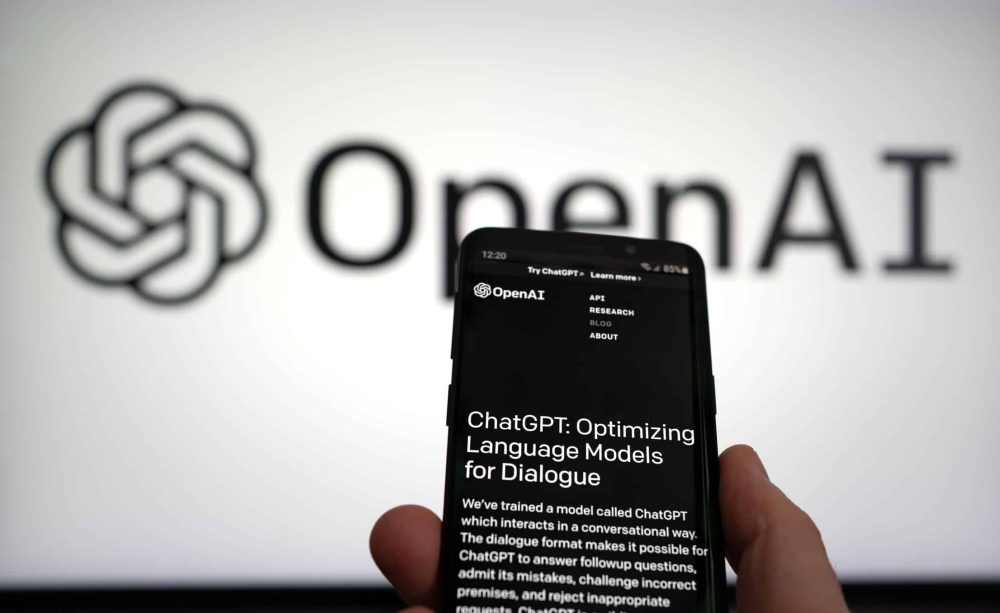OpenAI has dismissed the New York Times’ lawsuit as “without merit” and defended its collaborative efforts with news organizations.
The company emphasized the fair use under the law in training artificial intelligence (AI) technologies.
The Times had accused OpenAI and Microsoft of copyright infringement.
The publication alleges the unauthorized use of millions of articles for training AI technologies like the ChatGPT chatbot.
The lawsuit claims it competes with The Times as a reliable information source.
In a detailed 1,000-word blog post, OpenAI highlighted its partnerships with news organizations, including The Associated Press.
OpenAI said that using copyrighted works for AI training falls within fair use.
The company argued that the lawsuit does not present a complete understanding of OpenAI’s operations and technologies.
It said: “We look forward to continued collaboration with news organizations, helping elevate their ability to produce quality journalism by realizing the transformative potential of A.I.”
Lindsey Held, a spokesperson for OpenAI, declined further comment on the matter.
The Times lawsuit marked the first instance of a major American media organization suing OpenAI and Microsoft over copyright concerns related to its written content.
Similar copyright suits have been filed by other groups, including novelists and computer programmers, as generative AI technologies experience a surge in popularity.
AI companies, including OpenAI, often use copyrighted content to train their technologies, saying that the material is public and they are not reproducing it in its entirety.
The boom in generative AI, capable of creating text, images, and other media based on short prompts, has sparked legal debates over the value of online information.
Looking to boost your online brand? Create your FREE business profile at WhatBiz? here.
OpenAI said talks with The Times on a potential partnership seemed to progress positively, with the last communication on December 19.
The lawsuit, filed eight days later, surprised and disappointed OpenAI.
The company admitted that its technology sometimes regurgitates articles, calling it a “rare bug” it was resolving.
OpenAI said: “Intentionally manipulating our models to regurgitate is not an appropriate use of our technology and is against our terms of use.”
The New York Times did not immediately respond to requests for comment on OpenAI’s response.




